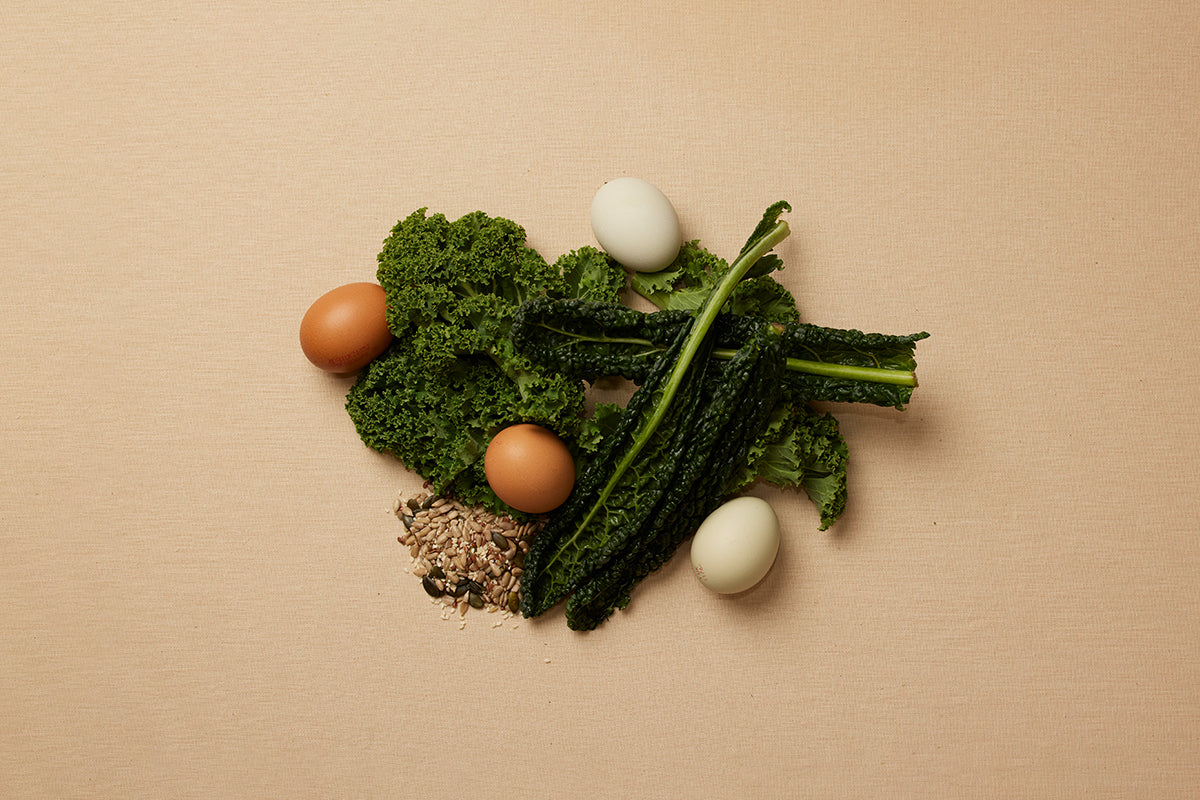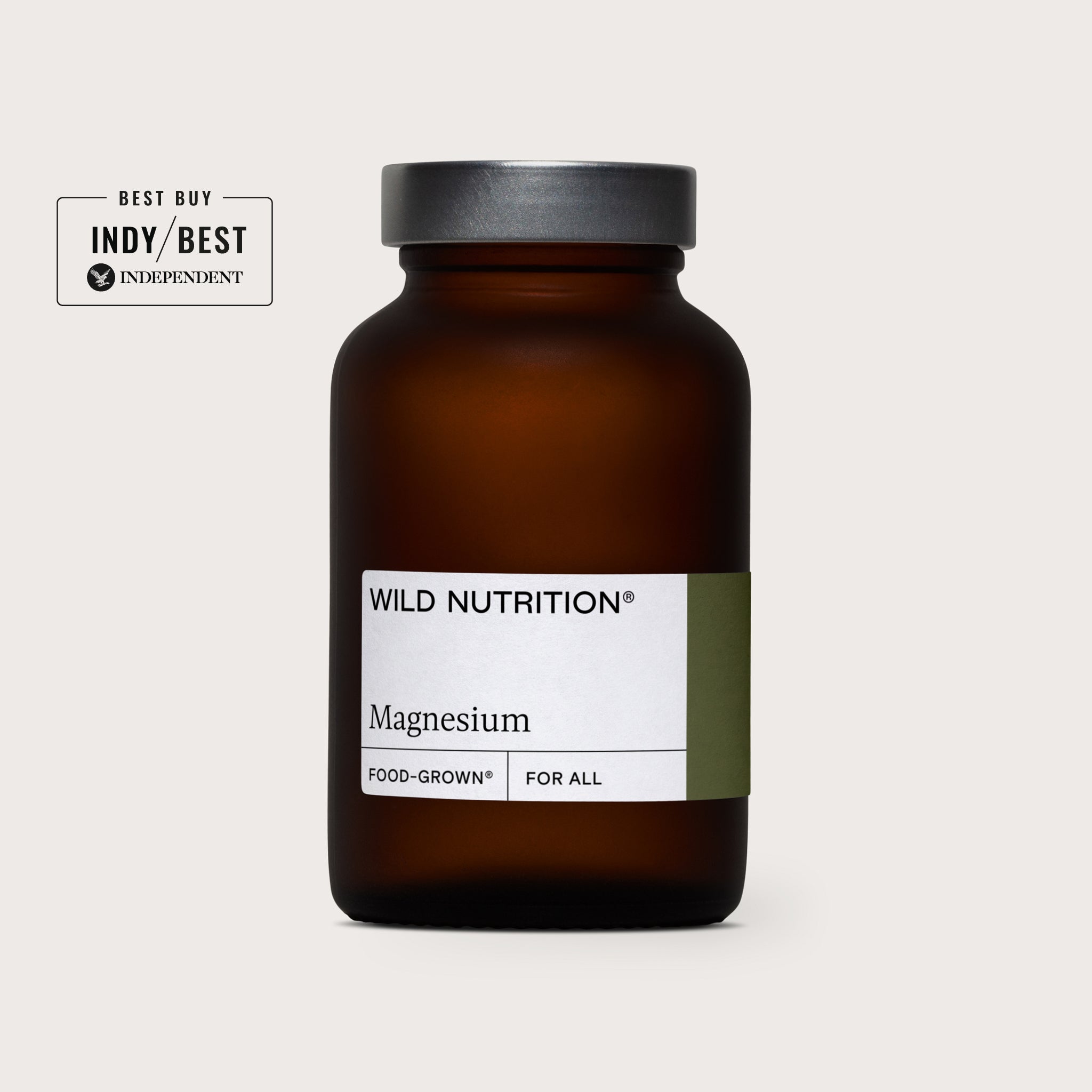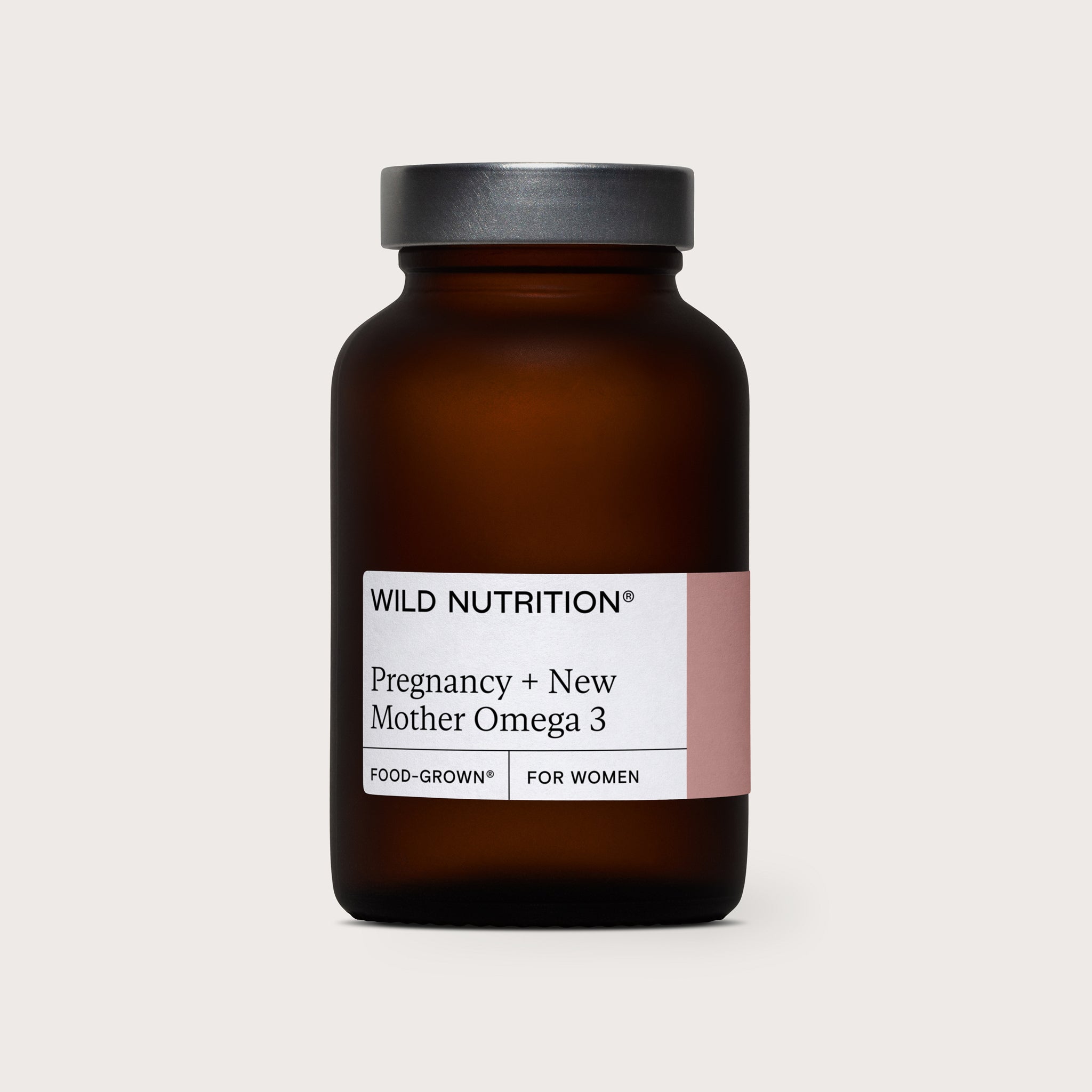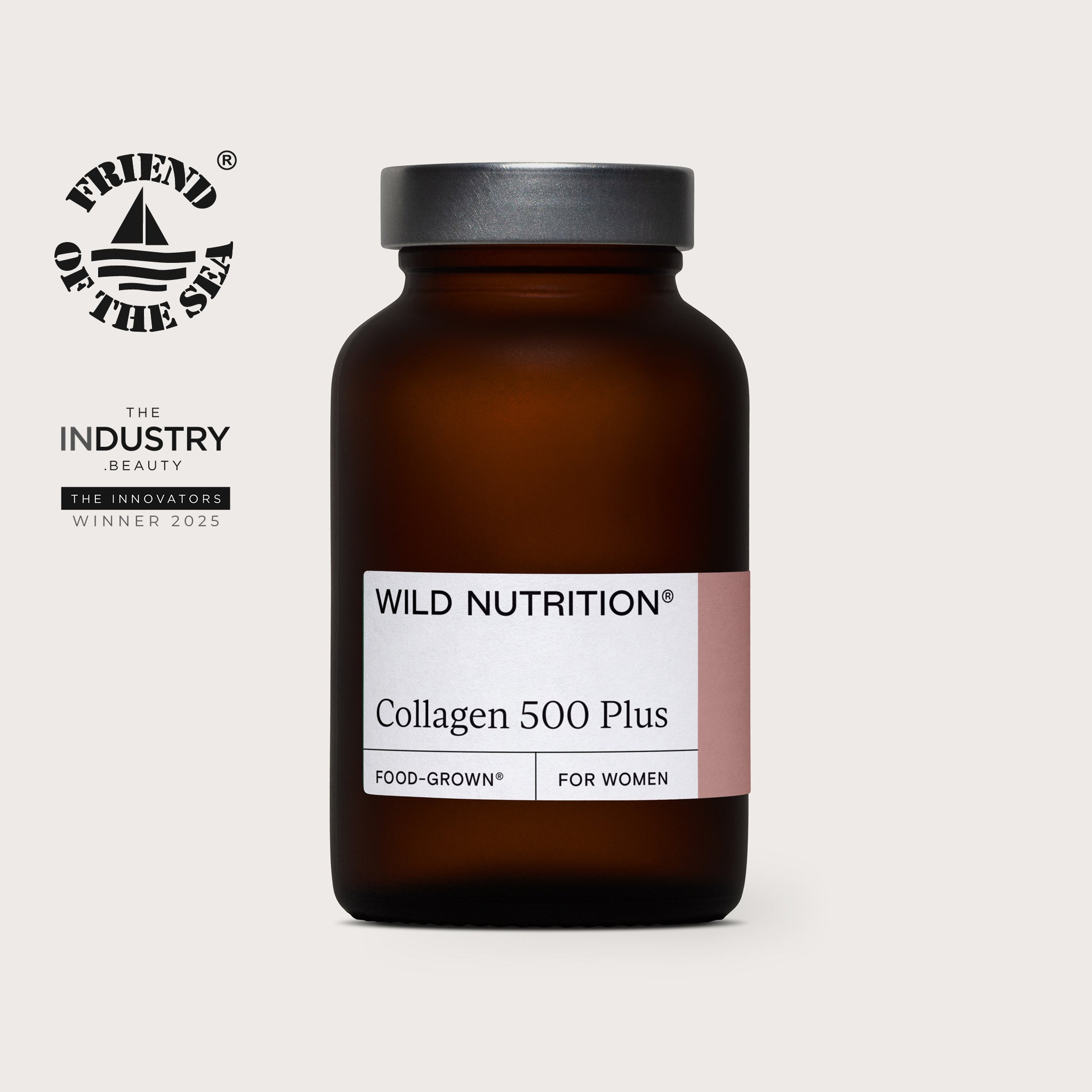
Fertility Nutrition Guide for Women
How you might be feeling: Actively trying for a baby can be an emotionally intense time filled with a myriad of feelings. From excitement and anticipation to fear and comparison, women often go through this chapter feeling isolated or uncertain. For many, this is the first time nutrition and supplements are considered factors in daily activities. Optimising your diet during pre-conception is not just important for the health of developing ovarian eggs and hormone production but can also have an impact on the future health of any children you may have.
6 key nutrients for your fertility journey
What the research says:
Many studies support the recommendation of a pre-conception diet or the Mediterranean diet for positive conception outcomes. Both diets focus on whole foods with a daily intake of vegetables and fruit while also including weekly fish, nuts, seeds, legumes, whole grains and olive oil. They also encourage being mindful of your consumption of meat and dairy products. Guidelines also suggest limiting or omitting alcohol and caffeine, while completely avoiding smoking. Lifestyle recommendations include engaging in moderate exercise, limiting stress, or engaging in activities which are supportive of stress levels and embracing human connection.
Some key nutrients to consider when TTC (trying to conceive):
Zinc: An important nutrient for hormone balance, including oestrogen and progesterone. Zinc also contributes to healthy cell division which is required in early pregnancy. It is a key mineral for a healthy immune system which plays a direct role in fertility outcomes. Low levels of zinc can inhibit folate absorption, as well as being linked to menstrual irregularity and abnormal ovarian development.
Sources: sunflower and pumpkin seeds, nuts, pulses, shellfish, lamb and whole grains.
Iodine: Required for the production of thyroid hormones, which in turn impacts the endocrine system. Low levels have been linked to a reduction in ovulation and adverse pregnancy outcomes. It is important to build nutrient status as an embryo will rely on maternal stores for the first 14 weeks of life as they don't have their own thyroid during this time.
Sources: fish, dairy, eggs, seaweed and some grains.
B6: B6 is an essential hormone for hormonal balance especially in keeping oestrogen and progesterone in balance. It is involved in the production of neurotransmitters, prostaglandins and red blood cells, all of which are involved in a healthy menstrual cycle.
Sources: Whole grains, eggs, white fish, poultry, chickpeas and bananas.
Folate (B9): Important for cellular division as it is a cofactor for DNA synthesis. It is often recommended three months pre-conception to build up stores in case of a successful pregnancy, this is due to its role in preventing neural tube defects such as spina bifida (this process takes place days 24-28 post-conception). Folates are naturally occurring in foods, such as leafy greens, whereas folic acid is a synthetic version of this nutrient which is often found in high-street multivitamins.
Sources: Dark leafy green vegetables, brown rice, berries, beans, peas.
B12: B12 is required for effective energy production and methylation within cells. Low levels of B12, B6 or B9 leading to deficiency can lead to raised homocysteine (an amino acid that can be damaging if elevated long term) and may result in temporary infertility by causing changes in ovulation and defective implantation. This is a key nutrient to consider testing if you are vegan or vegetarian to understand your nutrient status.
Sources: Egg, red meat, fish, dairy, nutritional yeast.
Vitamin E: Acting as an antioxidant, Vitamin E protects cell membranes preventing free-radical damage that may occur within reproductive cells. It also contributes to the inhibition of prostaglandins which can produce inflammation within the reproductive system.
Sources: Nuts, seeds, extra virgin olive oil, broccoli, kiwi, boiled spinach.
Key takeaways:
- Focus on whole foods and limit ultra-processed foods where possible.
- Include protein, fat and fibre in meals and snacks.
- Limit alcohol, unnecessary medications and red meat.
- Allow yourself grace and lean into your support system if you are struggling.
To help you lay the best possible groundwork for conception, we invite you to a complimentary consultation with our registered nutritional therapists, all experts in women’s nutritional health. To book your free fertility consultation, please book today.
You and your partner might also like to read two excellent blog posts: 6 lifestyle tips to optimise fertility and Male fertility: 6 tips to optimise conception.
TTC can be a difficult time. If you are feeling alone or nervous, lean into friendships and family where possible and utilise charities such as Fertility Network or The Fertility Foundation which offer a confidential supportive ear.












